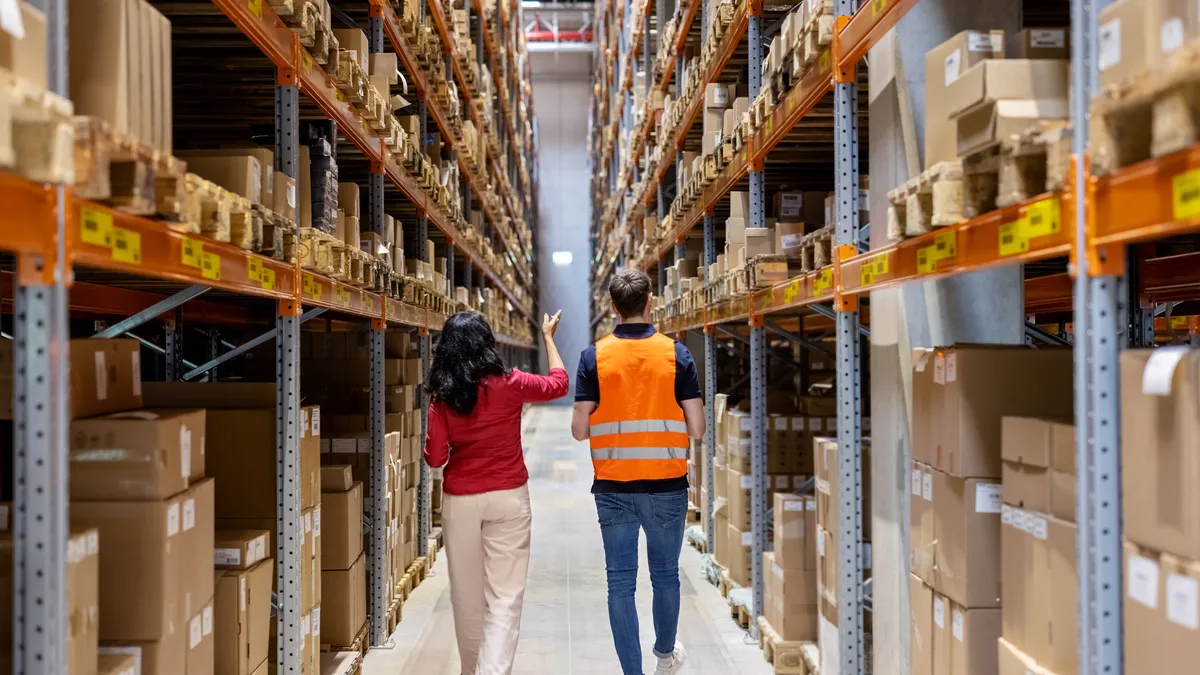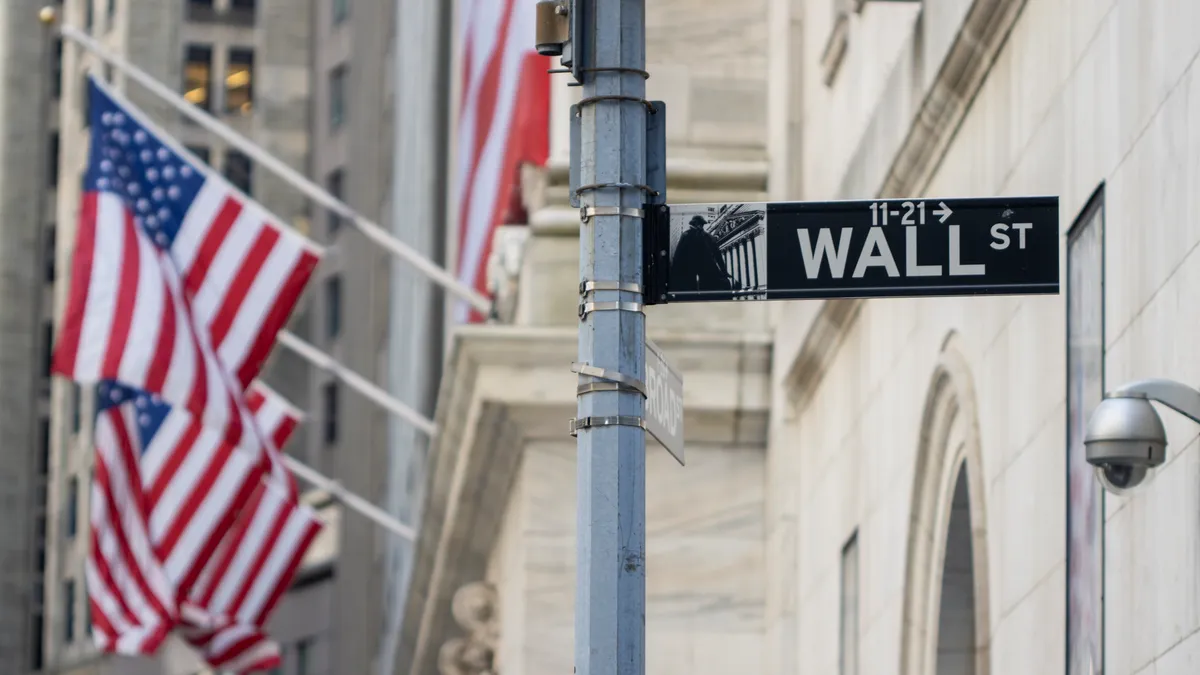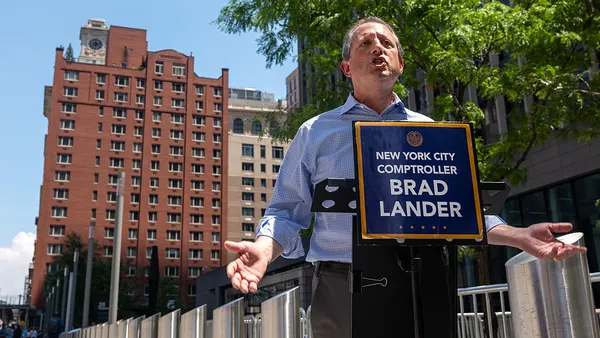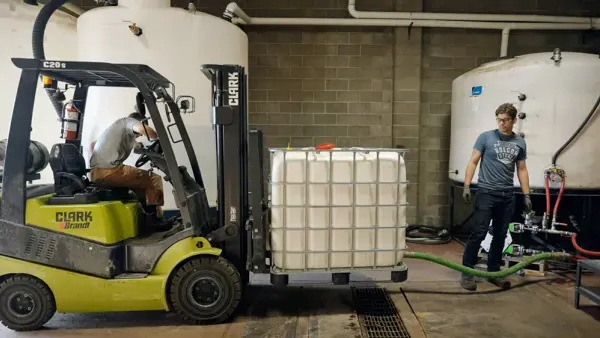NEW YORK — Corporate sustainability initiatives and decarbonization strategies took center stage at Reuters’ Responsible Business USA conference last week, as companies spoke of how they are planning on curbing their carbon footprint in the wake of a plethora of climate disclosure regulations.
While some focused the conversation on internal initiatives — such as sourcing or generating renewable energy and investing in carbon offsets and credits — many anchored their strategies on external partnerships and supplier engagement, noting that decarbonization is a multi-faceted process that cannot be achieved by a company in isolation.
“The best sustainability leaders are the ones that can understand the bigger picture and what struggles a business is going through at any given time,” Abigail Lovell, chief sustainability officer at Experian, said during a March 26 panel discussion on collaborative business practices that foster change.
Lovell said companies would be “at a loss” if their respective sustainability teams stayed inside an isolated “sustainability team” and failed to gain more knowledge of the overall business, how it operates and the varying priorities different teams might have.
“You can’t carry the [entire] load as a [chief sustainability officer],” Lovell said. She said cross-collaboration between leaders, teams and even different regions of a company is essential for successfully executing a decarbonization strategy and working toward similar goals.
Melanie Condon, senior director of corporate affairs and engagement at Keurig Dr Pepper, echoed Lovell and added that understanding the business and the different ways it works — from the distribution side to manufacturing — is “critical” when speaking to the different entities involved and including them in the company’s sustainability journey.
Condon also said cross-collaboration between internal and external stakeholders was important because company executives don’t have expertise in every area of the business and cannot carry out certain tasks internally. Such tasks, Condon said, might include auditing or growing coffee beans on the farm for Keurig Dr Pepper, adding that external partnerships are “extremely useful” when trying to improve in certain areas company leaders aren’t well-versed in. “We need to admit what we're good at and what we're bad at,” Condon said. “Having a little bit of humility to say we want to be good at this, but we need to bring the right people in is really important to make a difference in that space,” she added.
How external stakeholders — especially suppliers — operate has also been an area of focus for sustainability executives, in part, due to scope 3 emissions reporting requirements laid out in recent climate disclosure rules. These emissions often represent the majority of a company’s total greenhouse gas emissions, despite not being directly produced by the company itself or assets owned or controlled by the company, but by entities that are part of the company’s value or supply chain, according to the Environmental Protection Agency.
Even though the Securities and Exchange Commission scrapped requirements for public companies to disclose scope 3 emissions from its final rule entirely, companies that need to comply with the European Union’s Corporate Sustainability Reporting Directive and California’s climate disclosure bills, especially SB 253, would still need to report their scope 3 emissions.
Jeff Hales, a member of the International Financial Reporting Standards Foundation and the International Sustainability Standards Board, said in a separate roundtable that disclosures should be “industry specific” as climate change affects most types of companies in very different ways. Hales added that there is no “easy bucket of things” all companies should be evaluating and reporting on, so companies should think about what’s likely to impact their business most.










